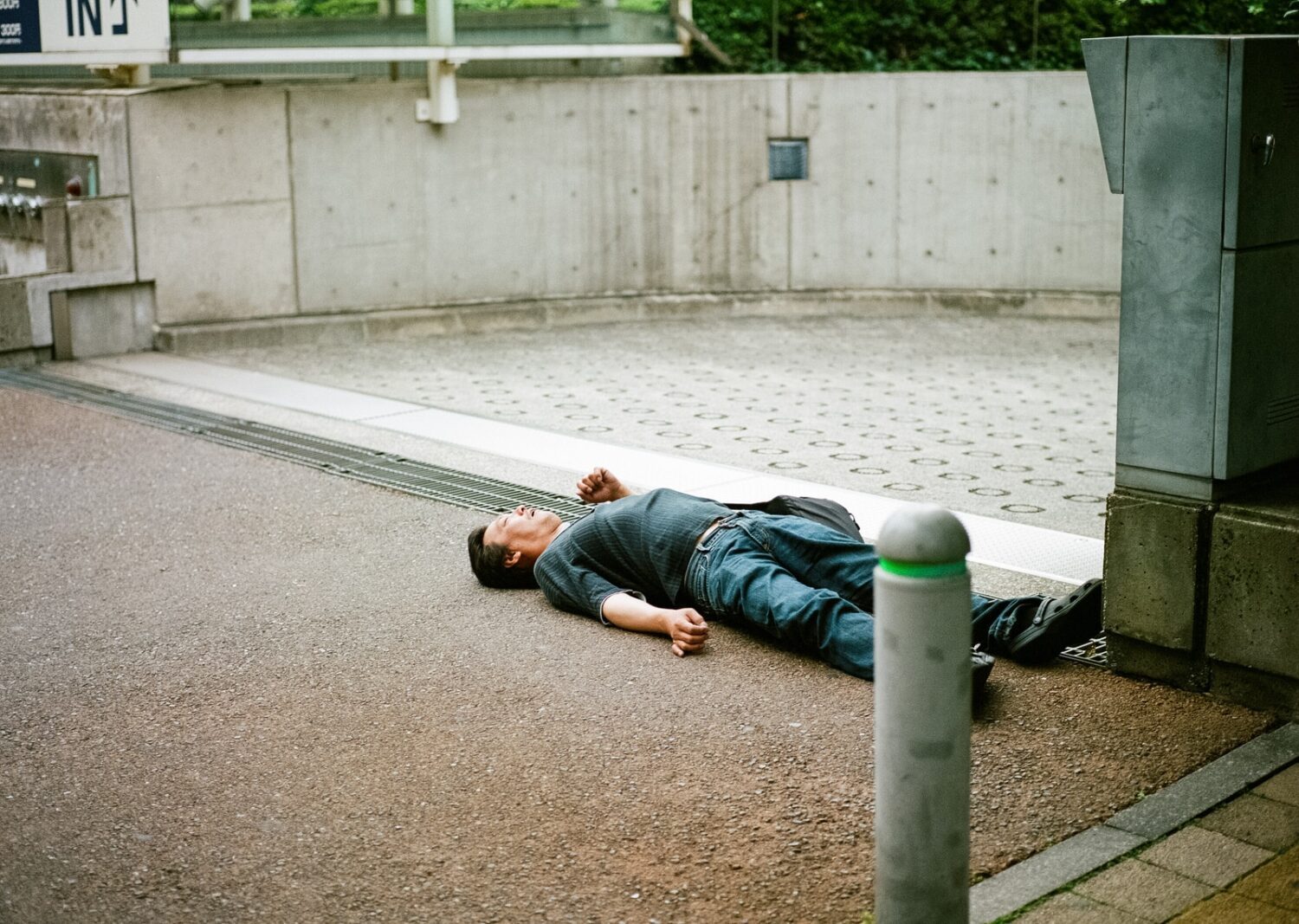As Easter approaches, an article on History Extra, the official website of BBC History Magazine, explains that in Medieval England, although everyone was expected to attend church every week, the only compulsory church attendance for all adults was on Easter Sunday.
Professor Nicholas Orme paints a panorama of Medieval England, showing how the church played a central role in most people’s lives:
- In a rural community of the Middle Ages, the local church was a major place to meet and socialize.
- The Church was one of the main distributors of charity. It gave out alms such as money or food to the poor and needy.
- Hospitals run by religious orders cared for the sick and poor and gave shelter to travelers.
- From puberty on, everyone was expected to go to church on Sundays and for religious festivals—there were about 40 or 50 important festivals in the annual church calendar.
- Shepherds, fishermen and servants, however, were often exempted from attending because of their work.
- The north side of the church was “presided over” by the Virgin Mary and was considered to be the “side of the save.”
- Women were seated there because they were considered to be “more open to temptation.” Men, thought to be better able to stand up to evil, were placed on the “unsafe” side.
- Before 1300, the only seats in the church were for the nobility and gentry, who sat in the chancel with the clergy. The congregation mostly stood, unless they brought their own stools.
- By the 15th century, parish churches were obliged to put in general seating, with the wealthy in seats at the front and inferiors farther back.
- Services were conducted in Latin, but by the 15th century, the mass included some material in English.
- The service included announcements, and prayers for the pope, the king, the crops and individuals in need.
- Only at Easter did the congregation receive the communion bread, and even then, they did not partake of the wine. The rest of the year, an ordinary loaf was blessed and divided up.
Orme is a British historian and Emeritus Professor at the University of Exeter, specializing in the Middle Ages and Tudor period. He is author of the book Going to Church in Medieval England.





